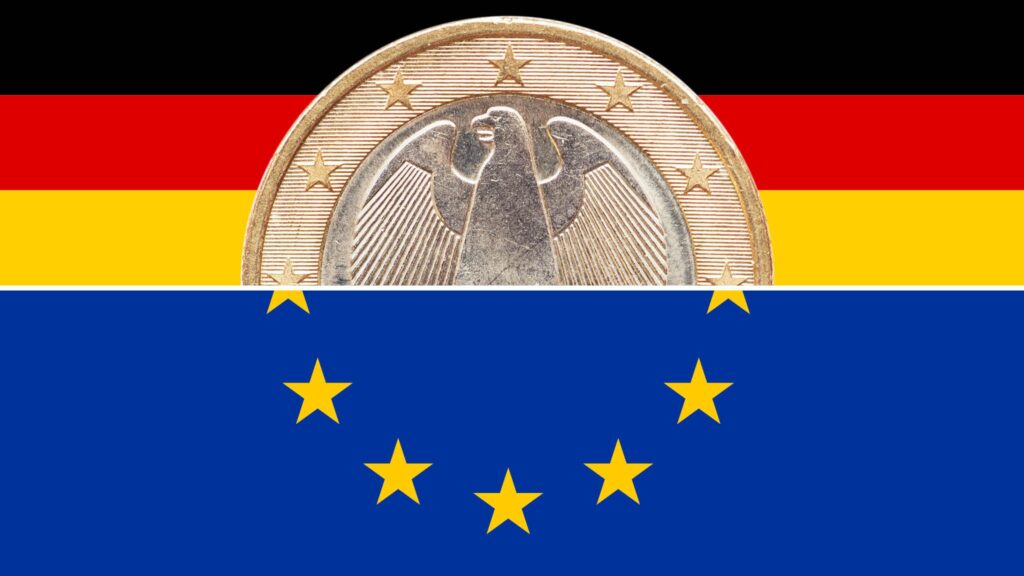Financial Experts Surprisingly Optimistic

Farewell to recession fears: Surprisingly, financial experts are more optimistic about the German economy than they have been lately. Despite the energy crisis and high inflation.
Financial experts in Germany’s economic outlook improved significantly more than expected in January. The Mannheim Research Institute ZEW mood measure rose 40.2 points to 16.9 points from the previous month. This was announced by the Center for European Economic Research (ZEW) in Mannheim.
Fourth Consecutive Increase
For the first time since February 2022, the index has returned to positive territory. This is the fourth consecutive increase. On average, analysts expected a less pronounced improvement in expectations to 15.0 points. ZEW President Achim Wambach said of the data:
“For the first time since February 2022, the month of the start of the Ukrainian war, they indicate a significant improvement in the economic situation over the next six months”
“The more favorable situation in the energy markets and the federal government’s energy price restraints contributed to this.” In addition, export opportunities for the German economy have improved following the lifting of Covid restrictions in China. “As a result, the earnings outlook for export-oriented and energy-intensive sectors has improved significantly.”
Wambach added that the possibility of a further drop in the inflation rate also leads to an improved outlook for consumer-related sectors.
On the other hand, the assessment of the current economic situation did not shine much. It rose 2.8 points to minus 58.6 points. Here it was expected 57.0 points.
Dax Gives a Little
However, no impetus came from the surprisingly strong economic outlook. The Dax gave in on Tuesday. Market watchers spoke of moderate profit taking, as the German stock market indicator has already risen around nine percent since the start of the year. Around noon, the main index fell 0.13% to 15,114.47 points. The MDax index rose 0.13% to 28,494.22 points.
For the index, which is considered an important indicator of economic development, the institute asks experts from banks, insurance companies and financial services of large companies on their assessments of important data from international financial markets such as inflation rates, interest rates, stock indices, exchange rates and the price of oil. For current data, 179 analysts and institutional investors were surveyed from Jan. 9-16.

